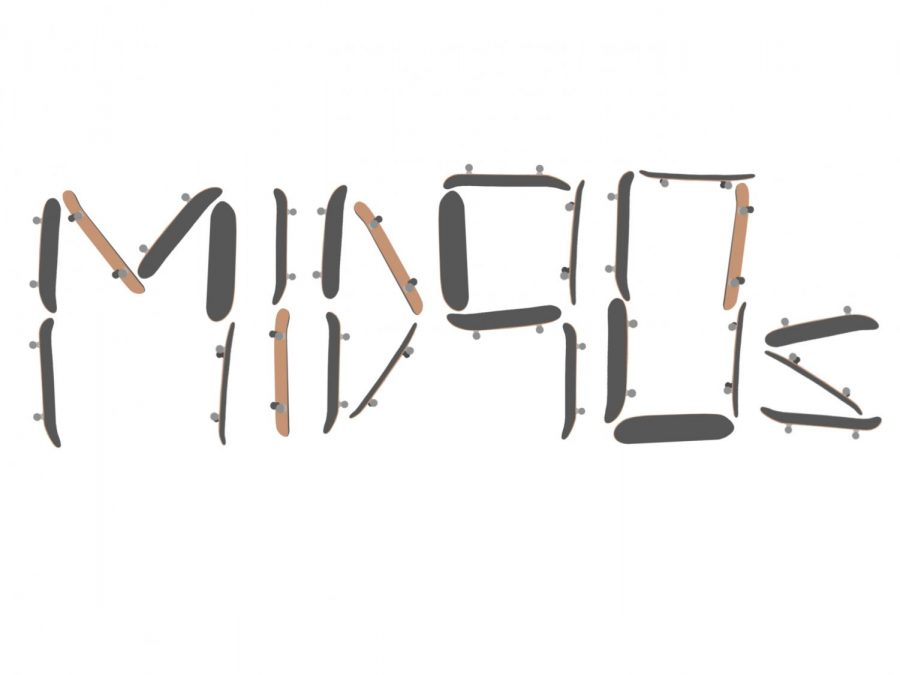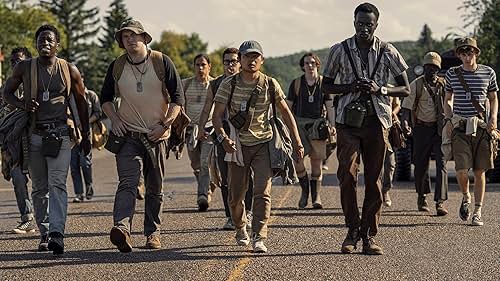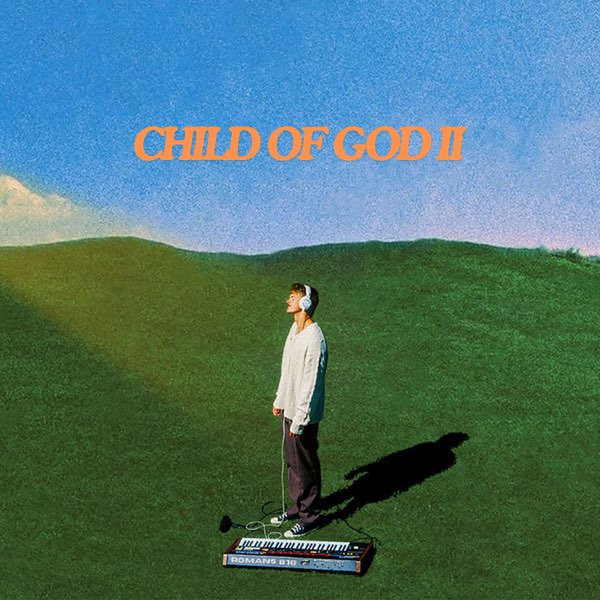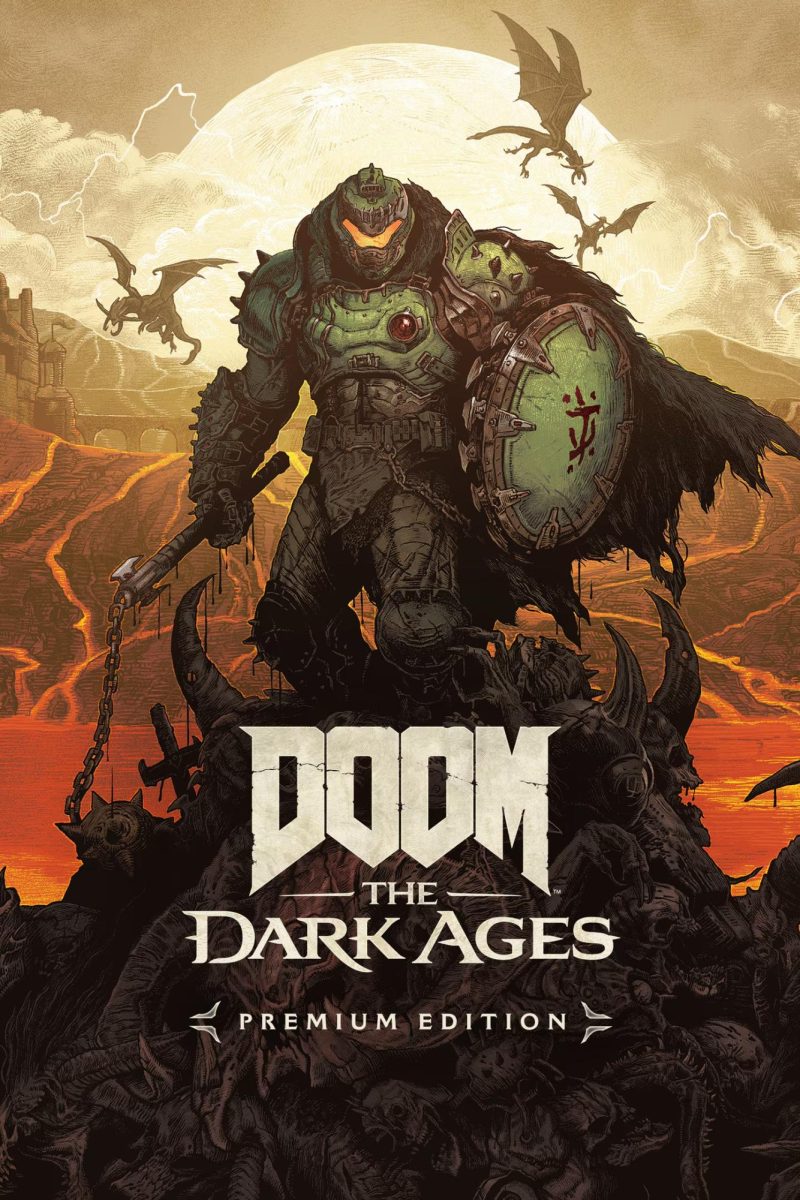Jonah Hill’s directorial debut, Mid90s, follows Stevie, a 13-year-old boy living in Los Angeles who is navigating his way through the turmoil of his family and finding a new home in skating. The film opens to an empty hallway, suddenly cutting to Stevie being thrown against the wall by his older brother, Ian, fitness junkie and orange juice guzzler. This introduction sets up a well-directed and well-acted film, that ultimately I enjoyed very much.
The rest of the film follows Stevie and his newfound skater friends as they navigate through themes such as growing up, family issues and drugs and alcohol. With his friends all being high schoolers, Stevie is thrown into a world he is forced to adapt to, whether he’s ready for it or not, an idea expressed in multiple moments.
Sunny Suljic, who plays Stevie, accurately portrays the unknown world of puberty as he is forced to fend for himself most the time with his single mom busy at work and his abusive brother usually in his room avoiding him. His portrayal is convincing and makes you believe that he truly is that broken boy. Stevie is never shown with any friends before meeting the skaters and spends most his time alone at home yearning to have a closer relationship with his brother.
The film is unique; being shot in the 4:3 aspect ratio, which means it is a square, as well as being shot on film. This gives off the feeling of it being shot on a old camcorder like the one Stevie’s friend “Fourth Grade” uses when filming them skating. Hill’s camera movement isn’t Spielberg level but it’s also not meant to be, adding to the relaxed vibe of the film and puts the audience at ease during the skating scenes just as Stevie feels relief when he is. My personal favorite shots were the rapid cuts of Stevie and his friends at a party and shows them changing places in the room throughout the night.
The score of the movie was also well tailored to the time period and pulled multiple hip-hop songs from the 90s and included original songs of the same tone. But some of the best scenes have no score, in order to add to the tone or seriousness of the scene. One example of this is when Stevie is confronted by his brother Ian after Stevie comes home drunk from the party and they get into a fight. Unlike before, Stevie comes out on top and Ian has a breakdown seeing that his negligence has caused his brother to become someone he hates.
The film tackles many issues but is not meant to have a clear cut ending where everyone’s issues are resolved. Instead, Stevie, his friends, Ian and his mom all come together in the end to realize that they need to change their ways but that it may never happen.
Although the running time is just under an hour and half it still feels complete in the end and is well worth someone’s time if they enjoy skating, the ‘90s era, or something different than the typical mainstream movies right now. I would highly recommend watching this film.
Grade: A







